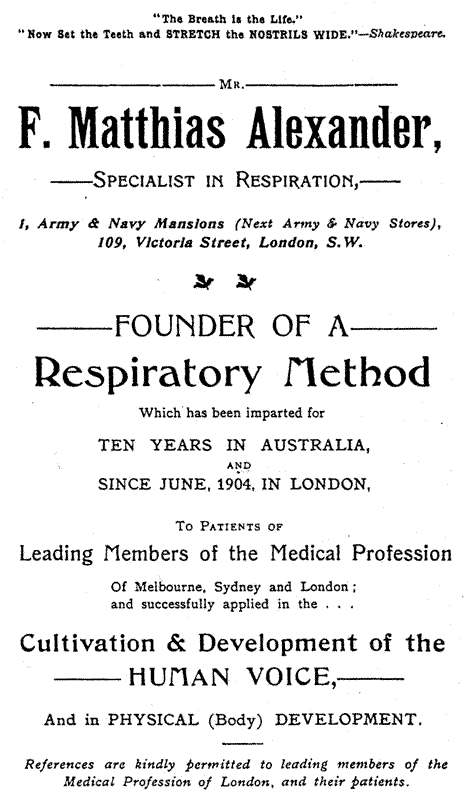Alexander and Breathing
Alexander and Breathing
The Big Picture
The Human Hamster Wheel Lee, 2006 (Bristol, England)
As we all began to "come down" off of the Pandemic cliff or hamster wheel (or the hamster wheel that's ON a cliff 🙄 pick your metaphor!), many folx came into awareness around how we hold our individual/collective breath to cope during crisis.
The hormones of Fear interfere with breathing. The relationship between hormones and breathing is part of our autonomic nervous system's design for survival; humans are not meant to live with the long-term hum of Fear in the background (or with it yelling in our faces). And if T(t)rauma is part of your pre-Covid experience, this fact isn’t news…
My POV as an AT teacher
According to Science/ Medicine, breathing is the indirect result of bodily movement, movement that happens *automatically* in order for us to get oxygen into our lungs and then our blood. Human beings do not need to do anything to take in air or expel air (these will happen by themselves) *if our bodily movement is happening efficiently.*
Anything we do (unconsciously or consciously) to interfere with the system that all our movement depends upon will, therefore, interfere with our breathing.
So if we wish to address breathing, the first piece of "work" is to leave our breathing alone and to place our attention instead on bringing about the conditions that allow our system (and breathing) to work well, naturally. Spoiler alert: I show you how to focus this way in every Alexander Technique class.
Any breathing "work" or exercise (especially those that spotlight taking in air) which does not place natural, whole-self coordination first, will be (in the long-term) ineffectual, at best. That approach also is possibly harmful (long-term). Totally fine for short-term emergency; but it does not address how we naturally breathe well.
Beginning in the early 1900's, F.M. Alexander was known as "The Breathing Man." Doctors in Sydney and London referred patients with a laundry list of breathing issues to him. You'll note that the Breathing/ Voice games we do in AT class, the extended exhalations (including "Whispered Ah" ) all begin with you going through the same process, the same self-organizational checklist involved in every other AT game we do. You get your general coordination going, and voilà: easier, fuller breaths. Reliable magic.
Once you discover what you do to interfere with your own system and then are able to stop doing it? You have more satisfying, less encumbered breathing. More importantly, you possess the awareness and self-knowledge to change your breathing in the moment and in the middle of any action (if you wish to), just by changing your mind.


